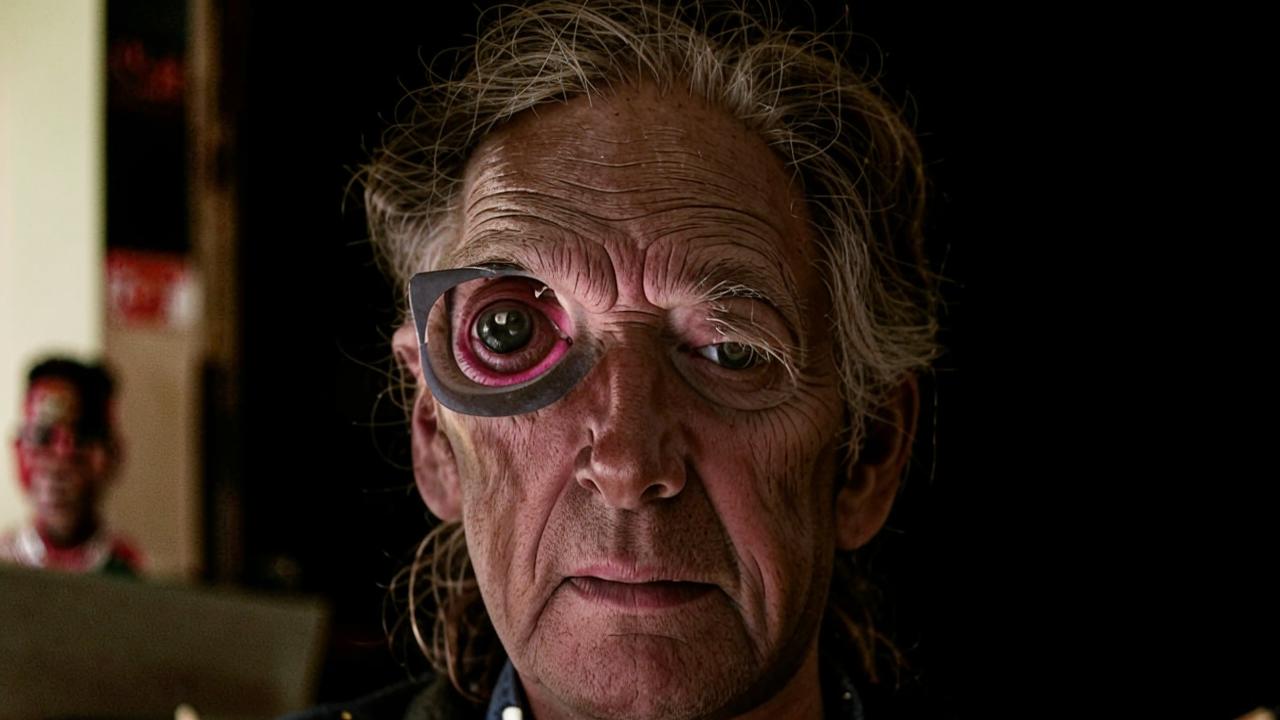
psychoterapeut
“Perceptual experience is essential to experiencing the world. It provides a framework for understanding and interacting with the environment. It also has a beneficial effect on the individual, supporting emotional and psychological health.”
What is perceptual experience?
Perceptual experience is the information received through the senses (visual images, sounds, smells, tastes and tactile sensations) that allows us to perceive, understand, navigate and interact with the world around us. It is a key aspect of human life.
These experiences are shaped through interaction with the external world. A person’s sensory organs, such as the eyes, ears, nose, tongue and skin, perceive information around them and transmit it to the brain. There it is processed and interpreted. This process is called sensory processing. At each stage, the data is analyzed. This allows you to form an idea of the world around you and make decisions based on the information you receive.
Perceptual experiences play a critical role in emotional and psychological well-being because they can produce pleasant feelings and contribute to overall life satisfaction. For example, contemplating a beautiful landscape evokes feelings of delight and joy. Whereas an unpleasant odor provokes disgust and discomfort.

Types of perceptual experience
There are several basic types of perceptual experience.
1. Visual experience is the perception of the world through sight. It includes everything that can be seen: shape, color, movement, depth, etc. The peculiarity of such experience is that it can be very detailed and informative. However, it also depends on personal preferences. For example, some people like to look at nature, while others like to look at cityscapes. In addition, visual experience can be limited when vision is poor or in low light conditions.
2- Auditory experience is the perception of the world through hearing. Everything that a person hears – sounds, music, voices, noises – is an auditory experience. Because of the great variety of combinations of noises that can evoke different emotions and moods, auditory experience is also diverse. For example, music evokes joy, sadness, or calmness (depending on its character and style). But auditory experience may be limited for people with hearing impairments or in noisy environments.

3- Tactile experience is the perception of sensation through the skin. It includes perception from different surfaces, temperature, humidity, etc. The peculiarity here is that it can be very subjective and depends on individual preferences and pain threshold. Some people like to feel soft tissues, while others prefer rougher ones. Someone can easily stand on nails, while others can’t even stand on them, etc. Also tactile experience is observed to be significantly modest in people with physical disabilities.
4. olfactory experience – perception of odors. It is very diverse and depends on individual preferences and sensitivity. The peculiarity in this case is that they cause strong emotions and memories, as well as affect the mood and behavior of the person. This type of experience can also be limited if there are problems with the sense of smell or if there is no access to certain incense.
5. Taste experience is the perception of tastes. It includes the experience of sweet, sour, salty, bitter, and umami (the taste of high-protein substances). The peculiarity here is that they can cause pleasure, disgust or indifference. These experiences depend on individual preference, culture and tradition. Some cultures prefer spicier foods while others prefer sweeter foods. But there may be a limitation when receptors are absent or when there are diseases that affect the taste sensation.
What influences perceptual experience?
Perceptual experience is also influenced by education. Why? It can teach a person to use their senses more effectively and process sensory information. Drawing skills improve visual perception, and learning music enhances auditory perception.
Knowledge helps people understand how their perceptual experience is distorted, for example, due to prejudice or stereotyping. In general, education enhances perceptual understanding.
Daily life also affects perceptual experience. If a person is constantly in noisy environments, his auditory perception is more likely to become less sensitive to quiet sounds. Similarly, if he spends a lot of time in front of a computer screen, his visual perception may deteriorate due to less time spent outdoors and not enough eye exercise.
Also, everyday experiences affect emotional and psychological well-being as they sometimes create various stressful situations. These have a negative impact on perceptual experience. For example, chronic stress leads to a decrease in sensory sensitivity.
It is important to note that perceptual experience is not static. It is constantly changing and evolving as people acquire new information. This means that the understanding of the external environment changes over time. Even if the external factors remain the same.

How do you develop perceptual experience?
To develop perceptual experience, there are several valid methods:
- Meditation and mindfulness practice. This helps improve the ability to focus on the present moment and perceive information more clearly;
- developing new skills and knowledge – playing a musical instrument or learning a new language improves perceptual abilities;
- participating in creative activities (drawing, dancing, music or writing). They develop perceptual experience and change the perception of the world around them;
- Traveling, experiencing new cultures and customs greatly enhances perceptual experience and teaches new ways of perceiving the world.

Psychotherapist, perinatal psychologist, wellness specialist
“Developing perceptual experience is a process that takes time, patience and practice. But it is well worth it. The experience helps you become attentive, flexible, and more aware of your perceptions of the world around you.”
11 steps to develop perceptual experience
1. Improve your perception of the moment. Be present and aware in every moment of your life. Practice mindful breathing to focus on the present moment and perceive it with complete clarity.
2- Pay attention to your feelings. Become aware of your emotions, physical sensations, and reactions to your environment. Notice how they affect your perception and understanding of what is happening.
3. Go deeper into the details. Look at the nuances and minutiae around you. Be attentive to the texture, color, shape, and sound of objects or situations. This will help you notice more and gain a full understanding of what is happening.
4. Learn to listen and observe. Pick up on nuances in people’s speech and gestures, as well as in the environment.

5. Engage in a variety of experiences. Dare to step outside your comfort zone and open yourself up to new things.
6. Reflect and learn from experiences. After each event, analyze your experiences and impressions. Ask yourself questions: “What did I learn? “, “How does this affect my perception?”, “What can I do differently in the future?”. This will help to build deeper understanding and awareness.
7. Develop your senses and intuition. Practice being aware of your inner sensations, including your emotions, intuitive premonitions, and energetic awareness. Practice trusting your intuition and using it in your decision making.
8. Explore different perspectives. Open yourself to understanding different approaches and opinions. Try to see the situation from an observer’s perspective and from other people’s perspectives. This will help expand your speculative overview and perceptual framework.
9. Practice imagination. Develop the ability to imagine and recreate visual, aural, or sensory images in your imagination. Play with ideas, create inner visions, and explore different variations of situations.

10. Socialize with a variety of people. Try to connect with people from different cultures, social groups and age groups. Learn their perspectives, customs, and views of the world. This will help you broaden your perceptual base and understand different ways of perceiving.
11. Practice momentary presence. Emphasize the perception of the present moment when doing everyday activities such as eating, taking a walk, or doing chores. Be fully present in the here and now, open to perceiving all the details that arise during these moments.






